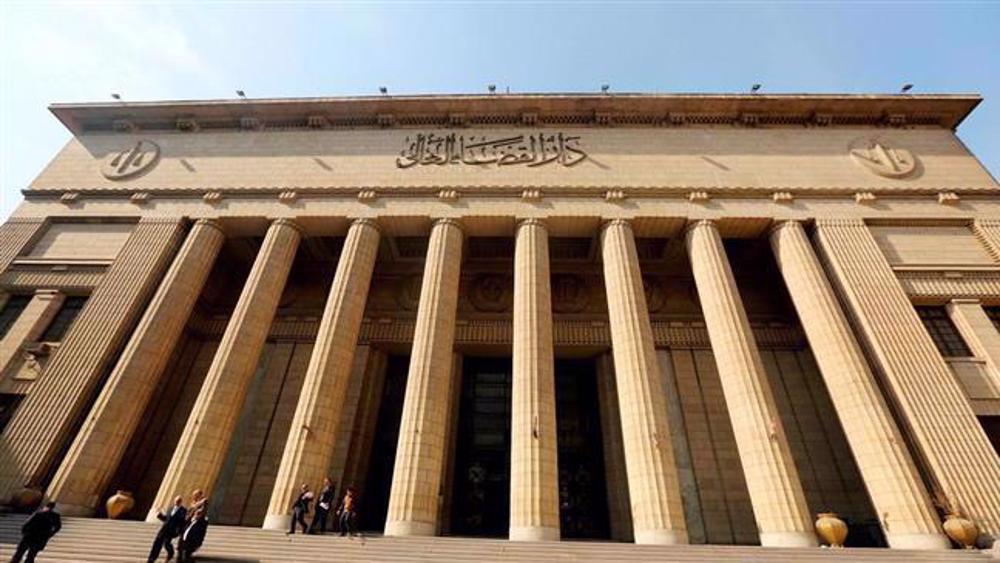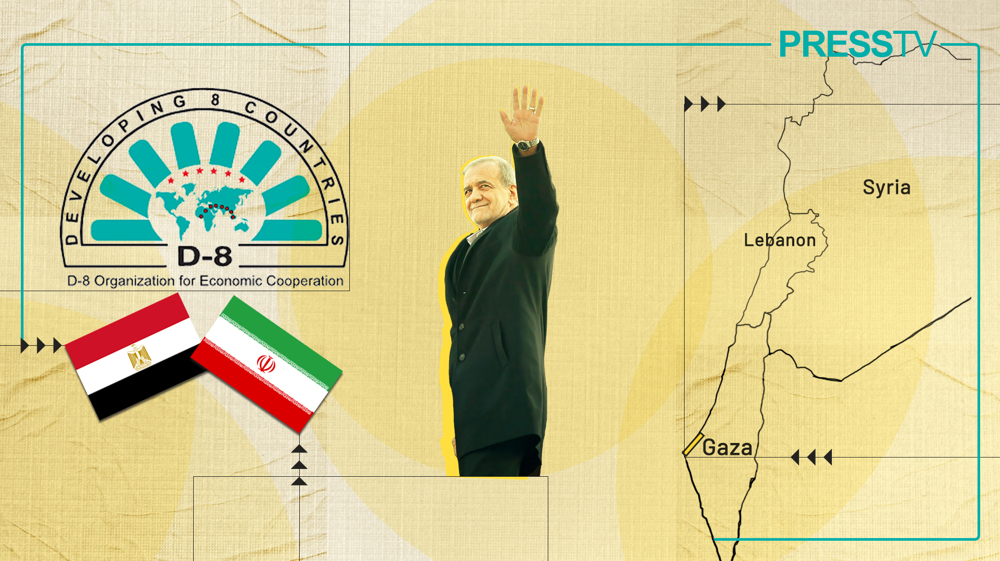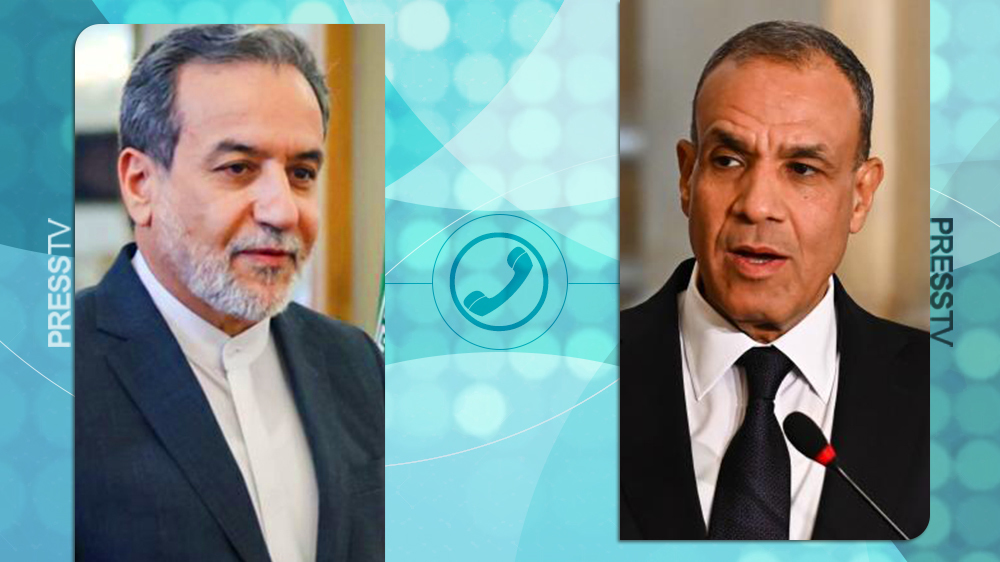Human rights group accuse Egypt of 'recycling' cases against dissidents
Egyptian human rights groups on Saturday accused the authorities of “recycling” judicial cases against dissidents to prolong their periods of detention.
“Recycling cases occurs when a new case is brought by the prosecution against someone who has already been released for another case or is still serving a previous sentence, often times in pre-trial detention,” the six groups said in a joint statement.
Pre-trial detention can last up to two years under Egyptian law, but the period is often extended.
"The new cases are in effect simply revived or renewed versions of the old cases against the defendants," the groups said.
They called for prosecutors to "carry out their roles in investigation and collecting evidence, instead of relying on state security investigations".
The groups pointed to a specific case of defendants being re-tried on new charges while in jail or when they were about to be released.
A prominent detainee in the case, along with several activists and journalists, is award-winning human rights lawyer Mahienour el-Massry, who was arrested in September 2019 charged with joining a "terror group".
On August 31, investigators charged her on the very same accusation, effectively extending her detention.
"State security authorities in Egypt routinely and relentlessly apply this practice of 'recycling cases' or 'renewed arbitrary arrest' ... as soon as a decision to release them (dissidents) is issued or before the legal period for their pre-trial detention has expired," the groups said.
In a 2019 interview with the US television program 60 Minutes, President Abdel Fattah al-Sisi said no political prisoners were held in Egyptian jails.
According to several NGOs, however, an estimated 60,000 detainees in Egypt are political prisoners.
They include secular activists, journalists, lawyers and academics arrested in a crackdown on dissent ever since the army's 2013 ouster of late president Mohammed Morsi.
(Source: AFP)
China slams US as ‘war-addicted’ threat to global security
China ‘firmly opposes’ US military aid to Taiwan
VIDEO | Press TV's News Headlines
President Yoon Suk Yeol to be removed from office
At least 19 Gazans killed by Israeli airstrikes since dawn: Medics
Leader: Iran neither has nor needs proxy forces
US fighter aircraft shot down ‘in friendly fire’ amid aggression on Yemen
Yemeni FM: Israel’s sponsors accountable for ongoing aggression on Sana’a














 This makes it easy to access the Press TV website
This makes it easy to access the Press TV website